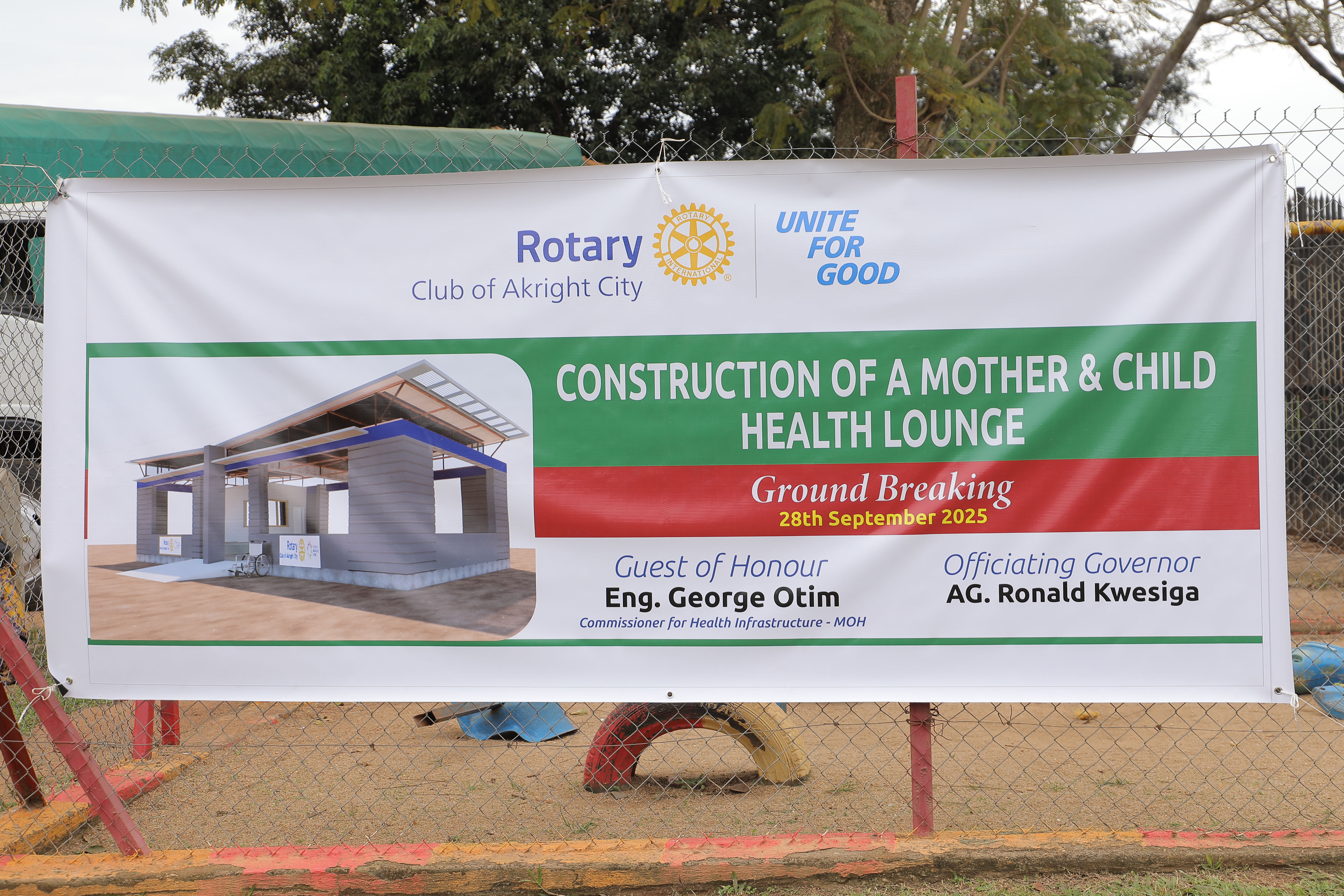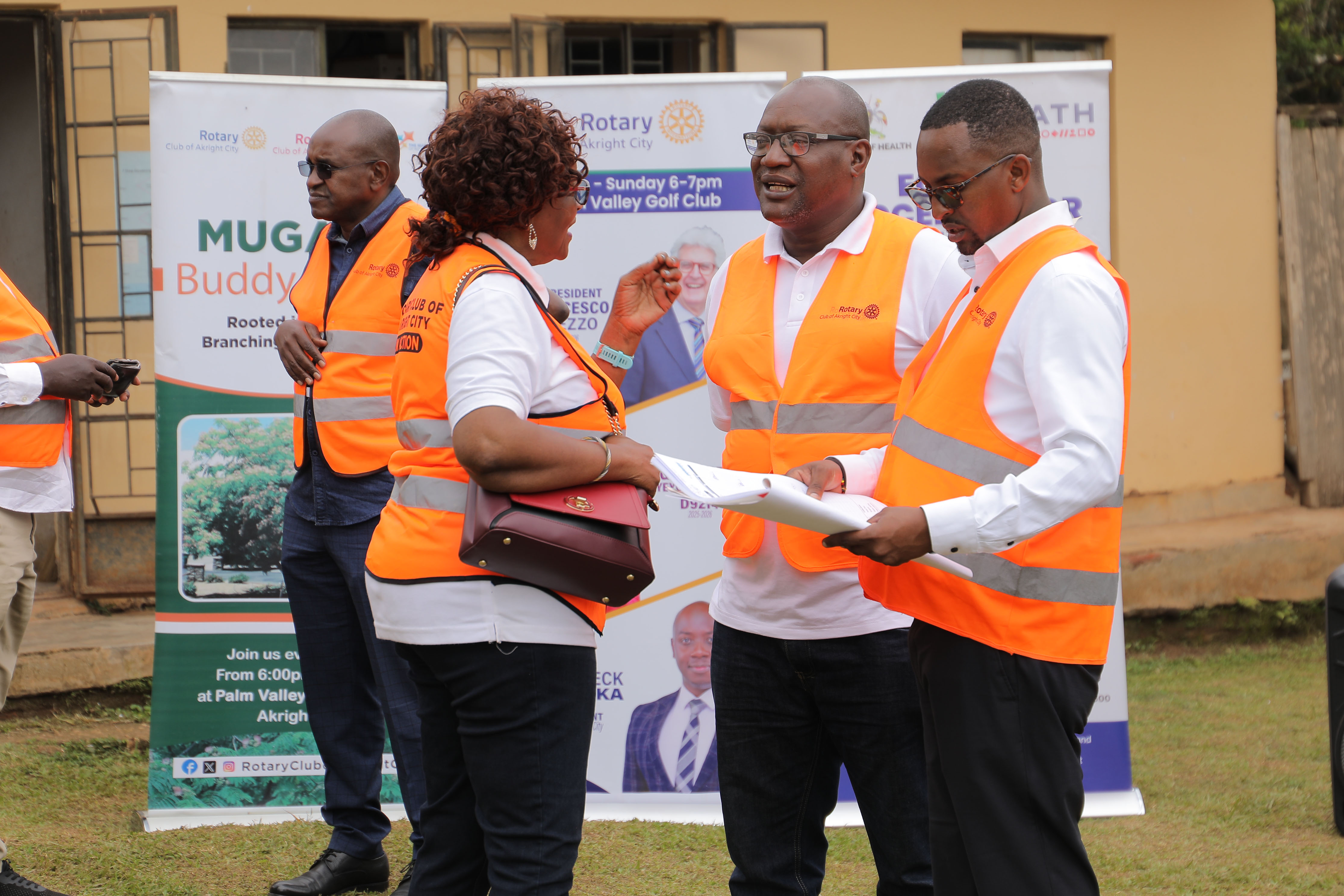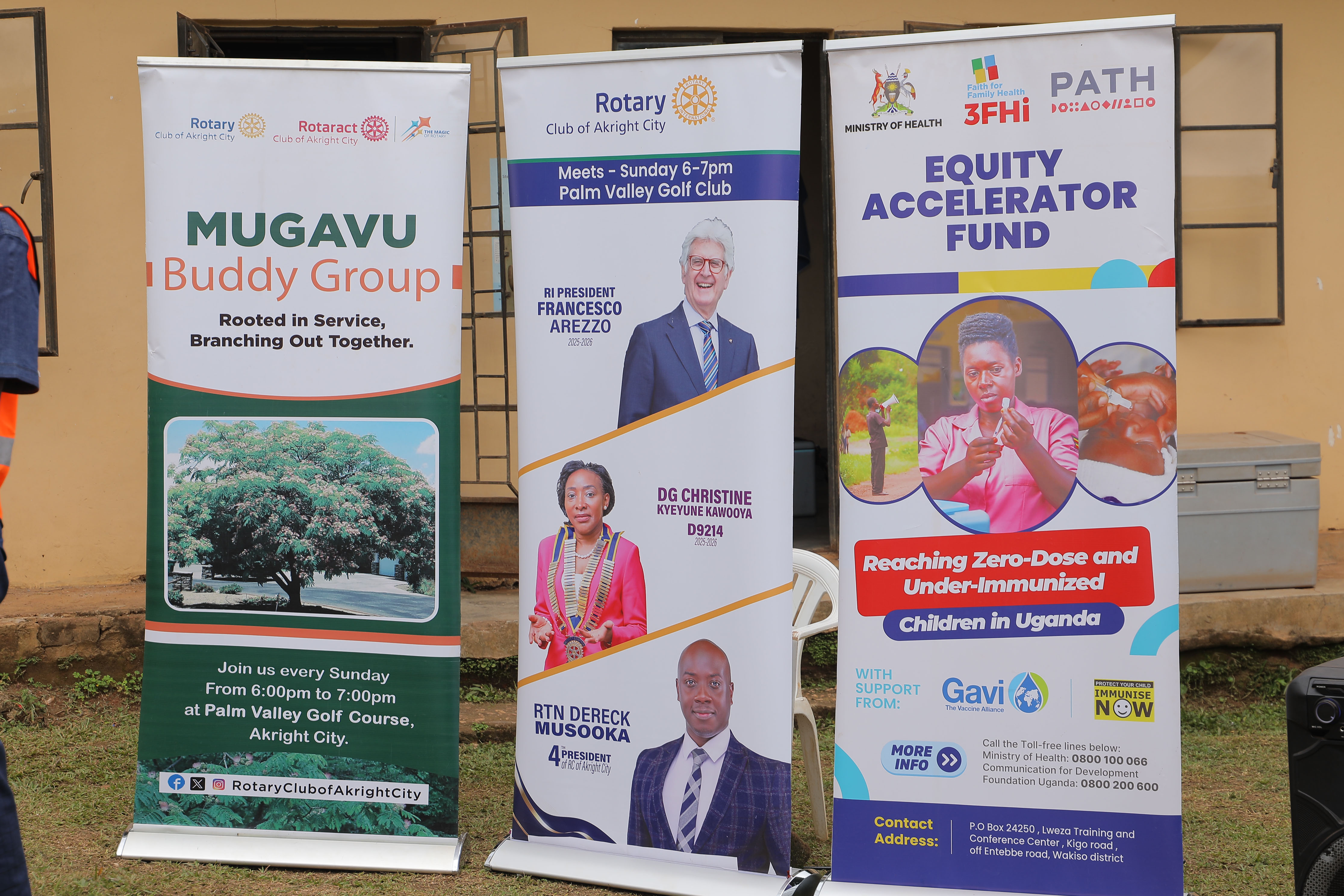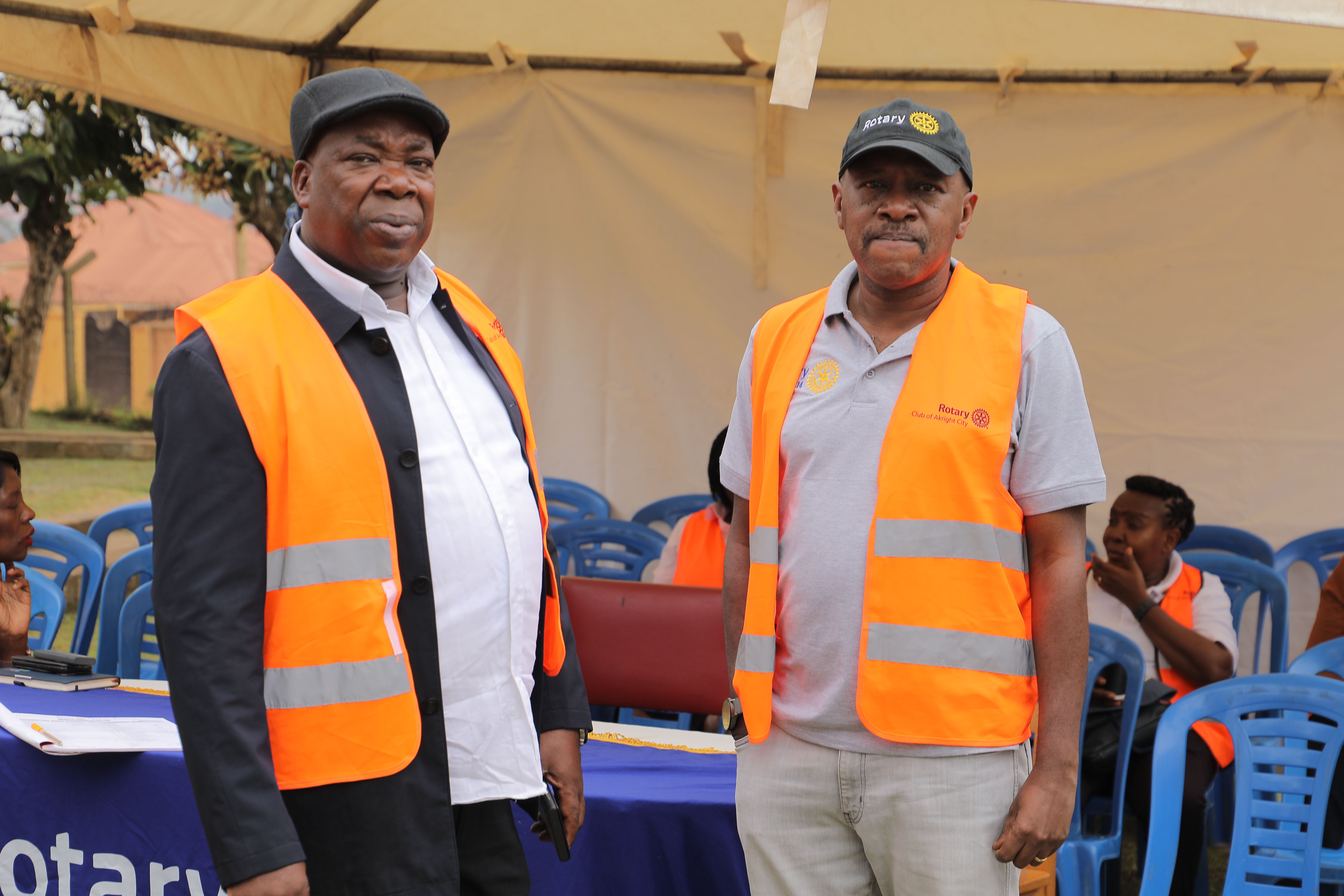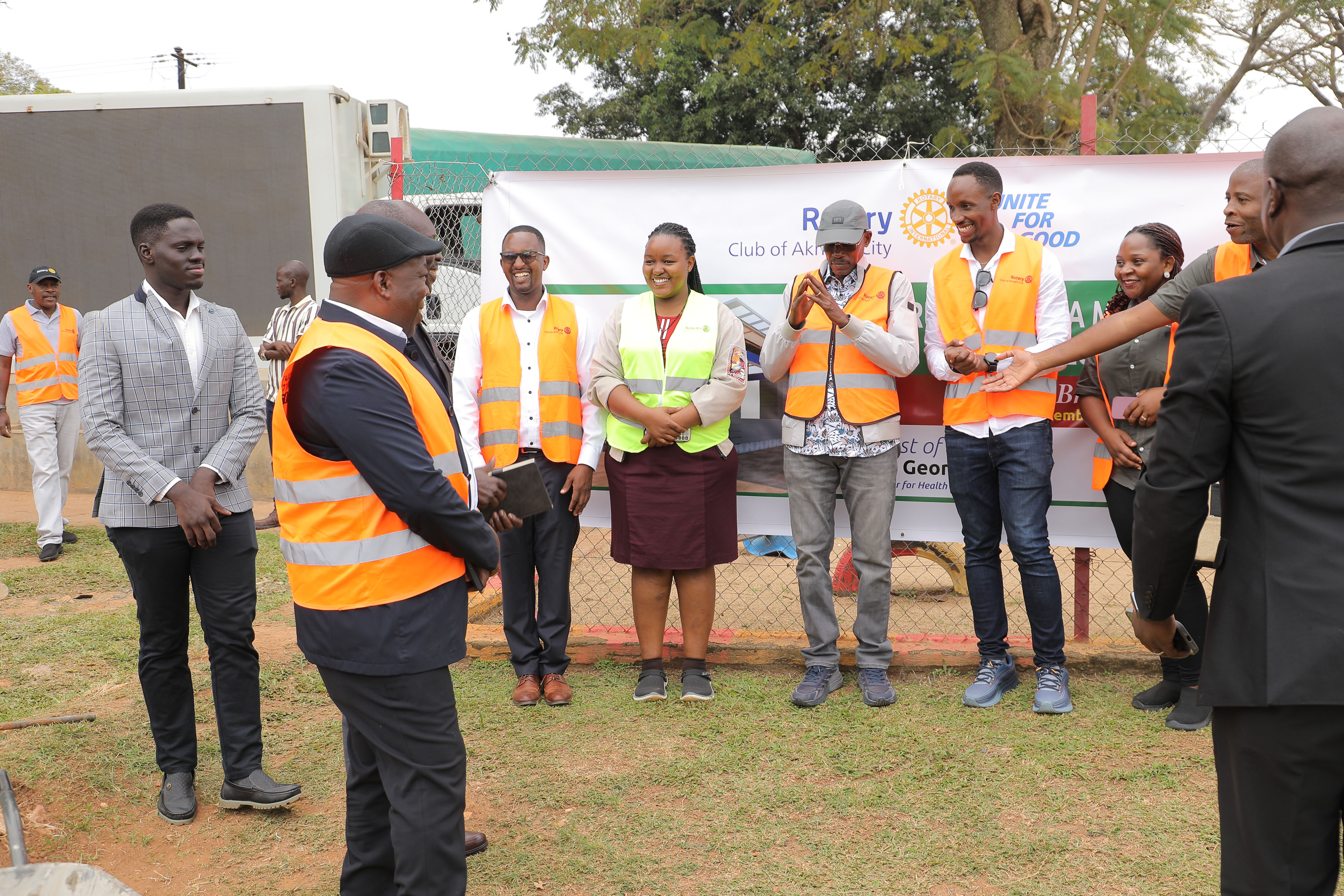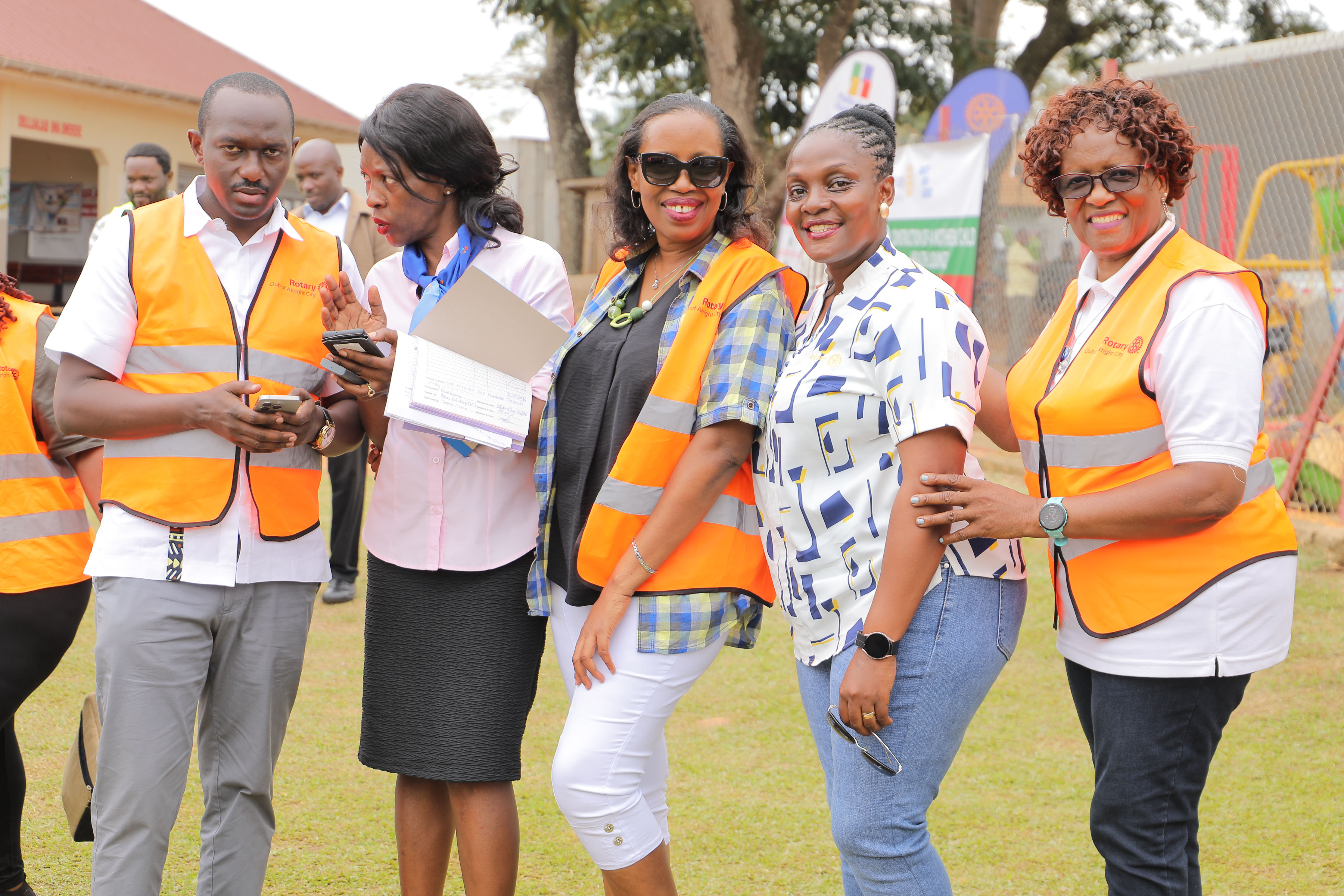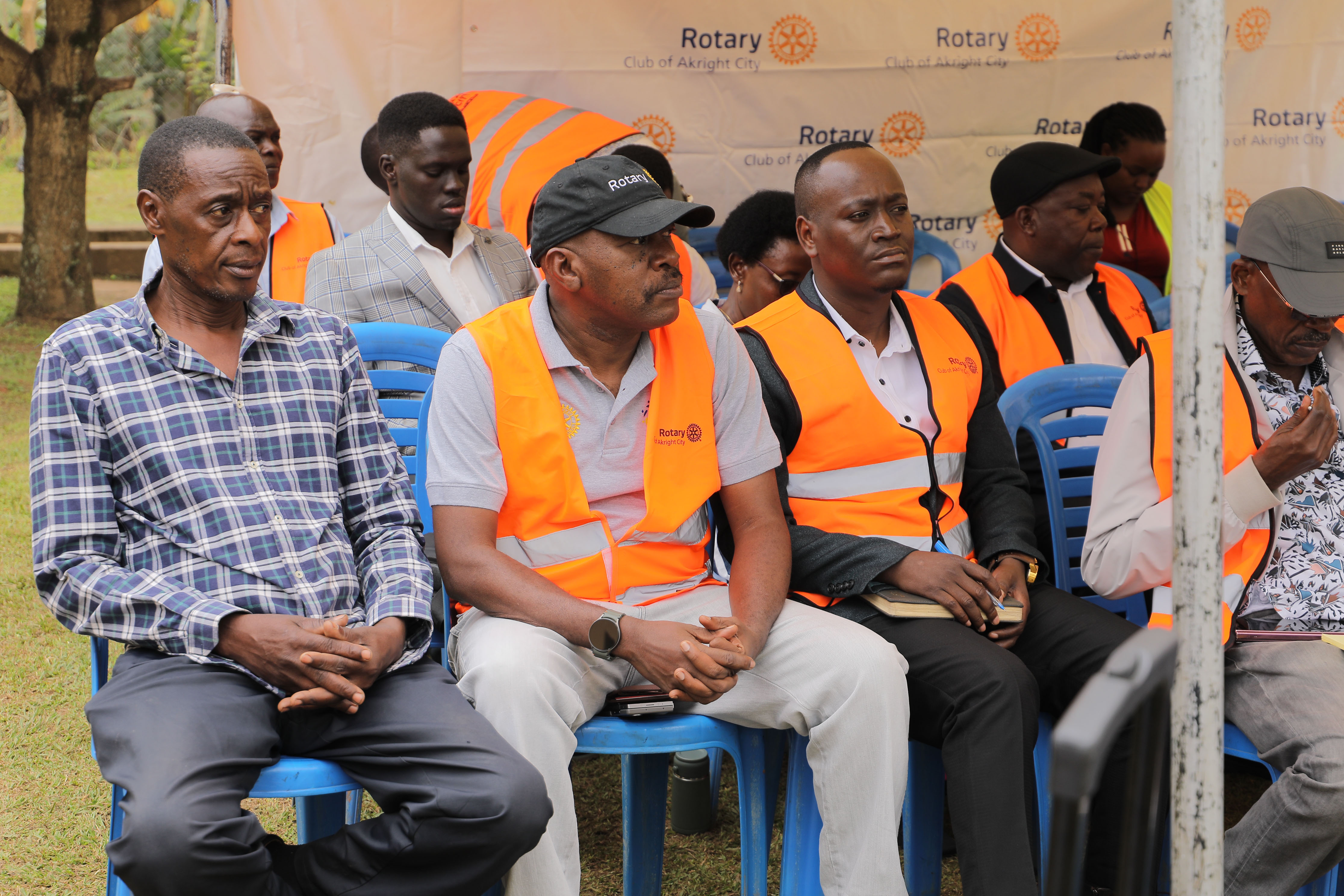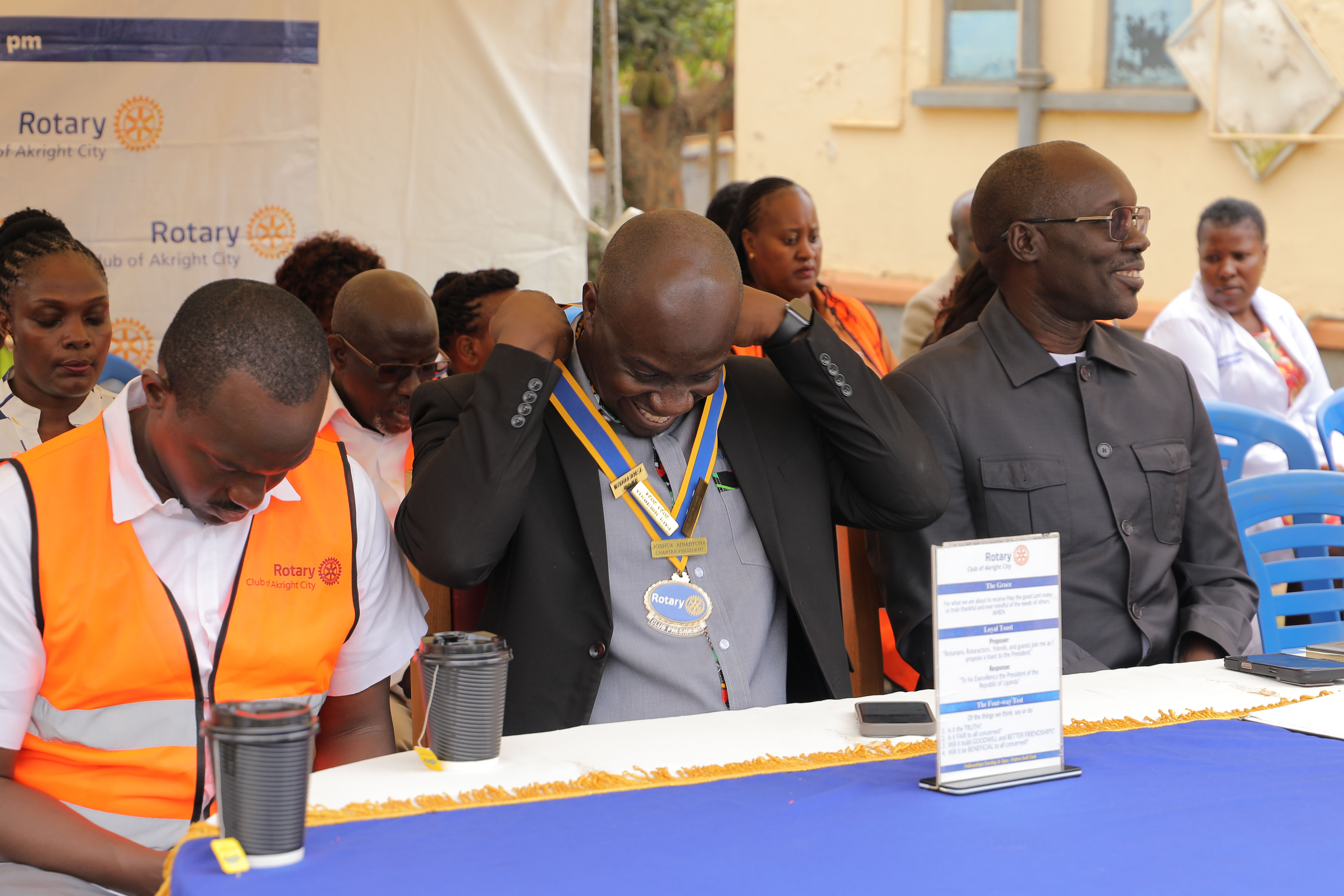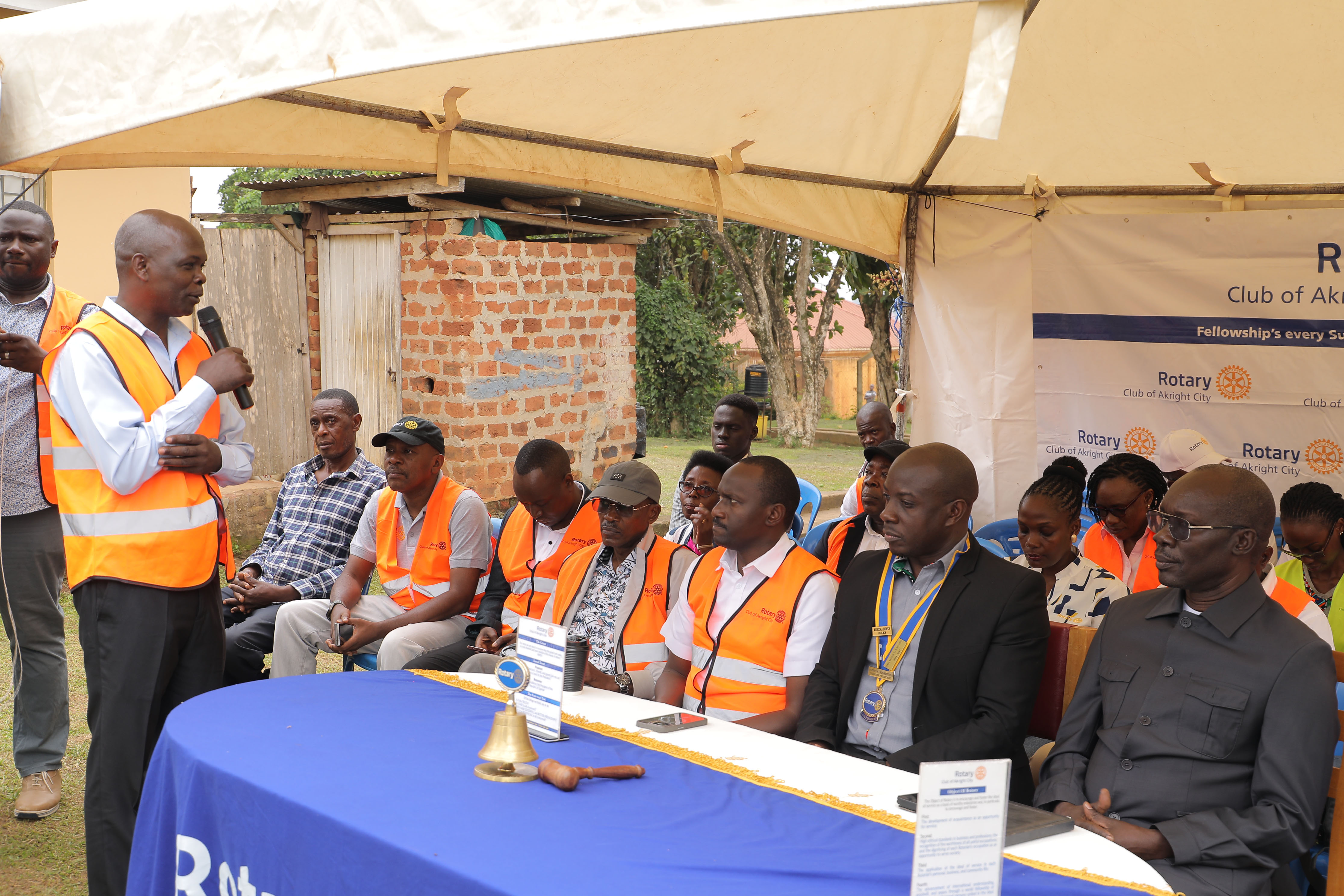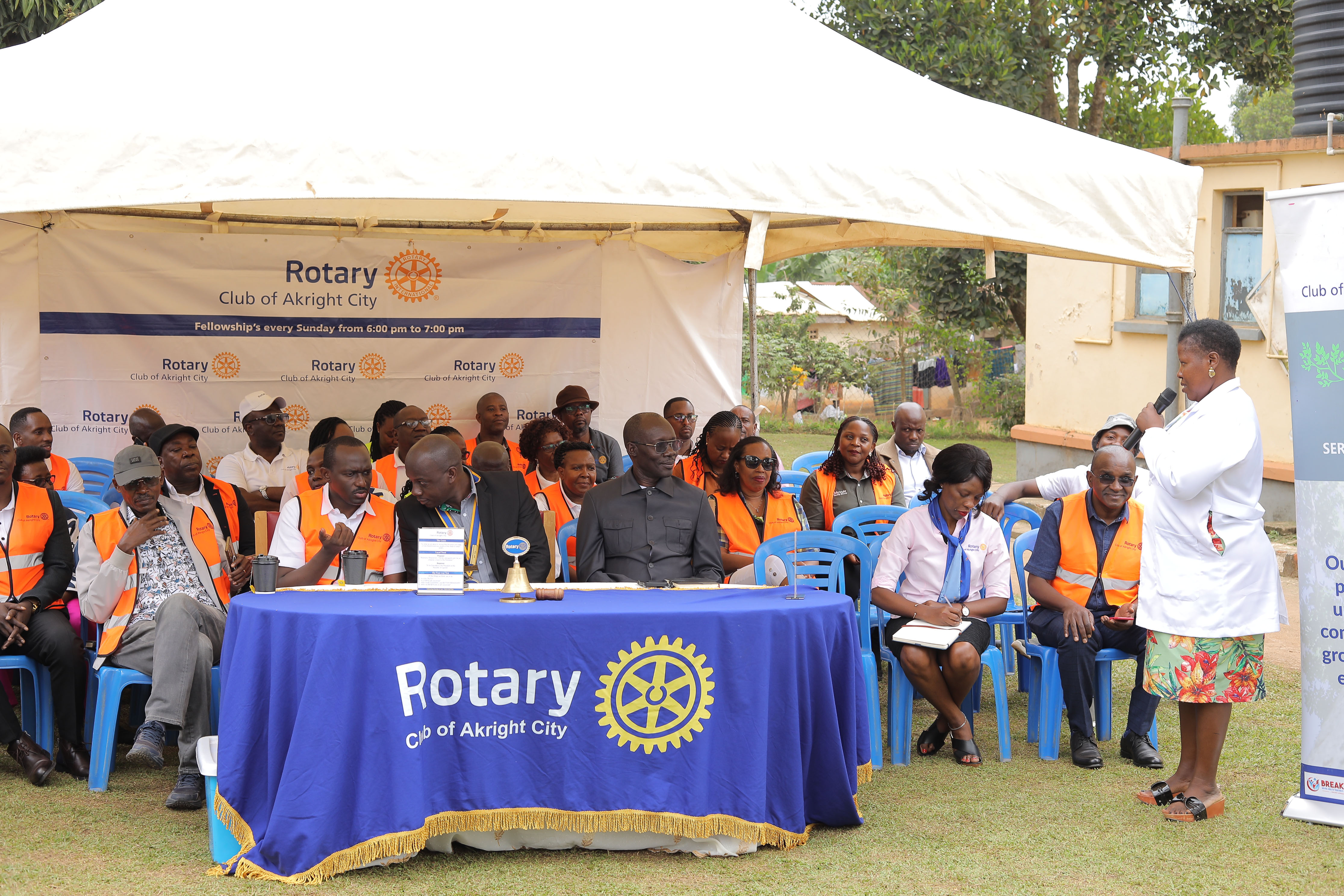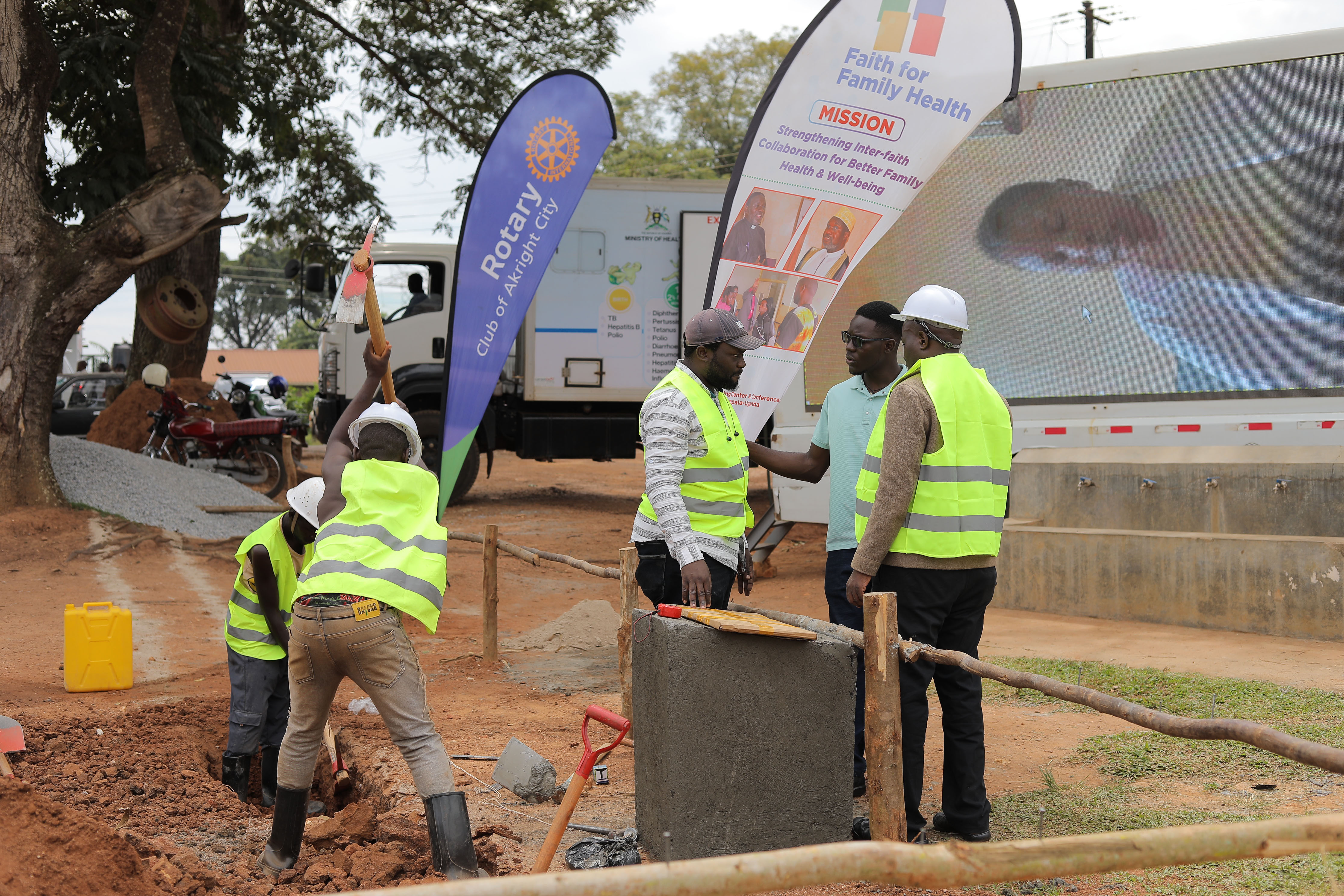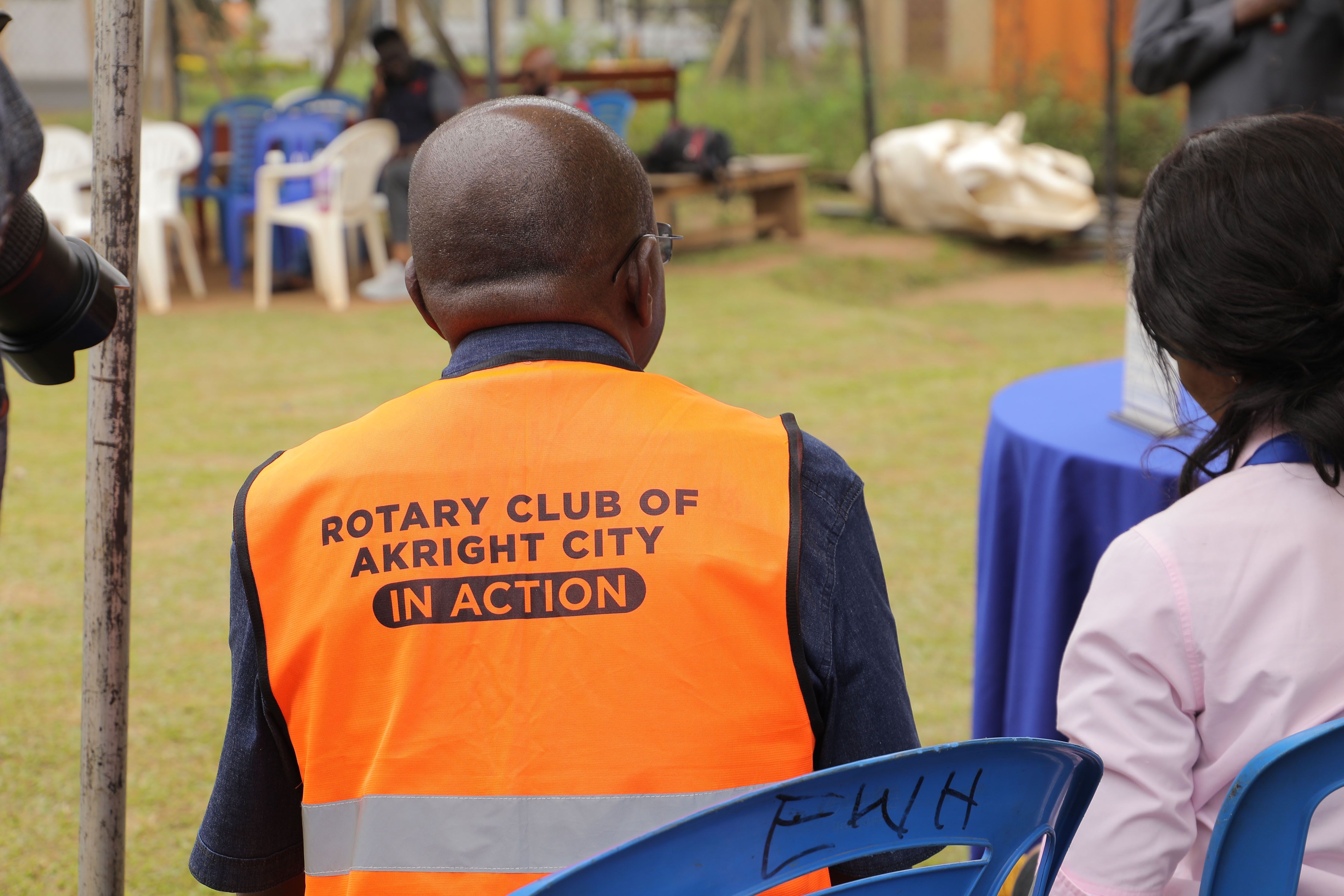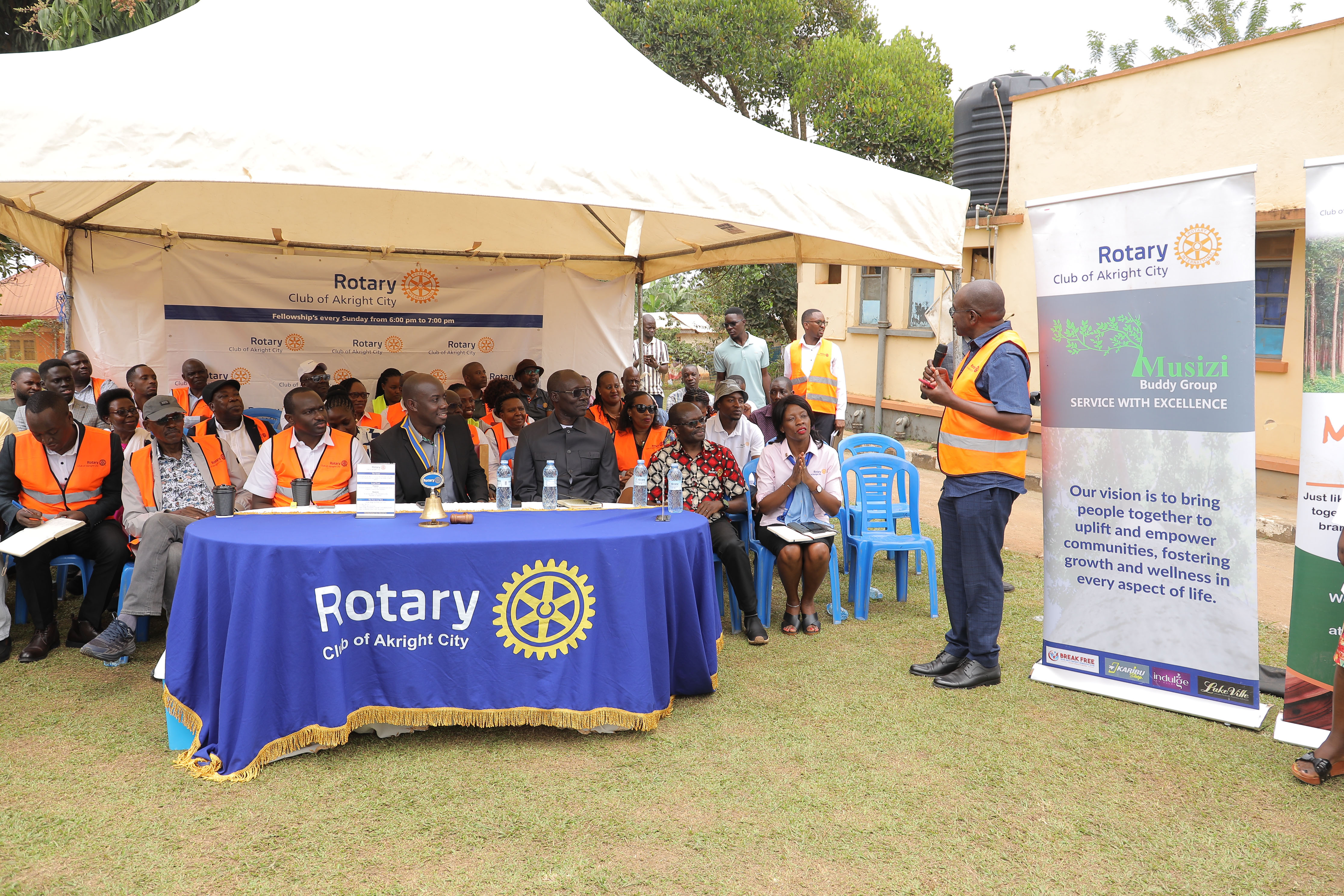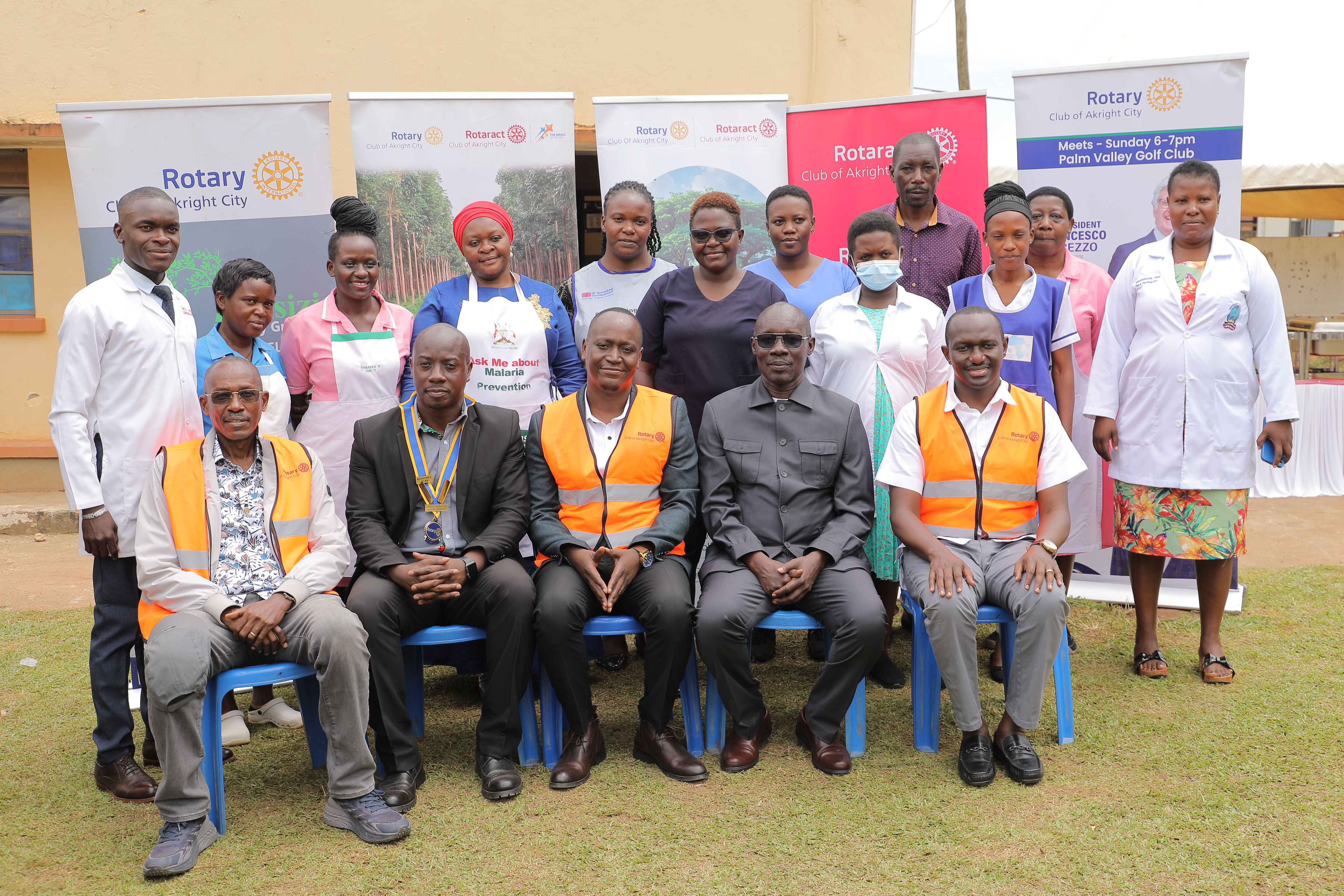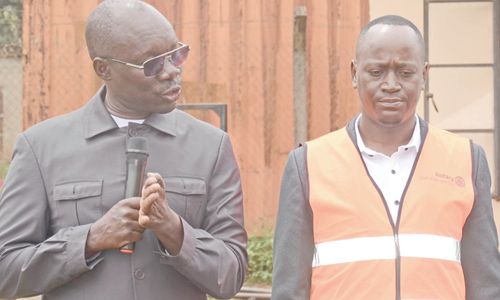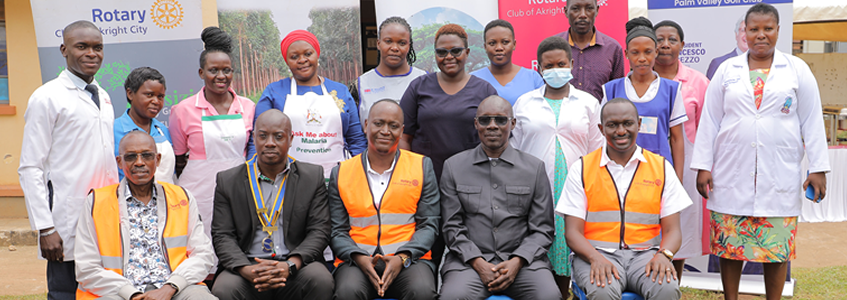
Rotary pledges placenta pit for Kawanda Health Centre
With Kawanda Health Centre III facing a severe crisis that puts the lives of expectant mothers and their newborns at risk, the Rotary Club of Akright City has pledged to construct a sh70m modern placenta pit and a waiting lounge for mothers and children at the facility. Dr Charles Kanyesigye, the project director, said the initiative is part of the club’s broader efforts in maternal health services to enhance health infrastructure in underserved communities.
“This is a well-fitting service project because placentas should be disposed of in secrecy and we shall construct a placenta pit to enable safe disposal of biological waste to enhance sanitation at the facility,” he said during the breaking of the ground ceremony on Sunday.
Kanyesigye believes that this initiative will not only enhance the quality of care provided at the health facility, but also create a safer and more comfortable environment for expectant mothers. Handling over 300 deliveries and over 700 antenatal visits a month, the shortage of these critical facilities has been raising negative concerns among healthcare workers and the community.
Dr Isaac Bugembe, the Nansana municipality principal health officer, said. “A facility without a placenta pit is not supposed to function because placentas need to be disposed of immediately after and the health centre needs a new one. Without such facilities, the situation could lead to increased maternal and infant mortality rates due to poor sanitation,” Bugembe said on Sunday.
Current State
Jalia Nabawanuka, the facility in-charge, said they normally attend to more than 500 expectant mothers and Kawanda is one of the highvolume health facilities near Kawempe National Referral Hospital. “We are grateful for Rotary support to our facility with high hopes of giving quality services to citizens,”
Nabawanuka said. “The facility will enable healthcare workers to provide quality care to a larger number of women and newborns. Mothers and their babies are forced to share limited space, increasing the risk of infections,” Nabawanuka added. “Without a placenta pit, healthcare workers are forced to improvise, which can lead to accidents and exposure to infectious materials.”
The Ministry of Health commissioner for health infrastructure, Eng. George Otim, pledged urgent action to address the gaps in healthcare infrastructure. “As Government, we always have competing demands. We appreciate the Rotary partnership but we shall first do an assessment on the need for maintenance and make necessary recommendations,” he said.

